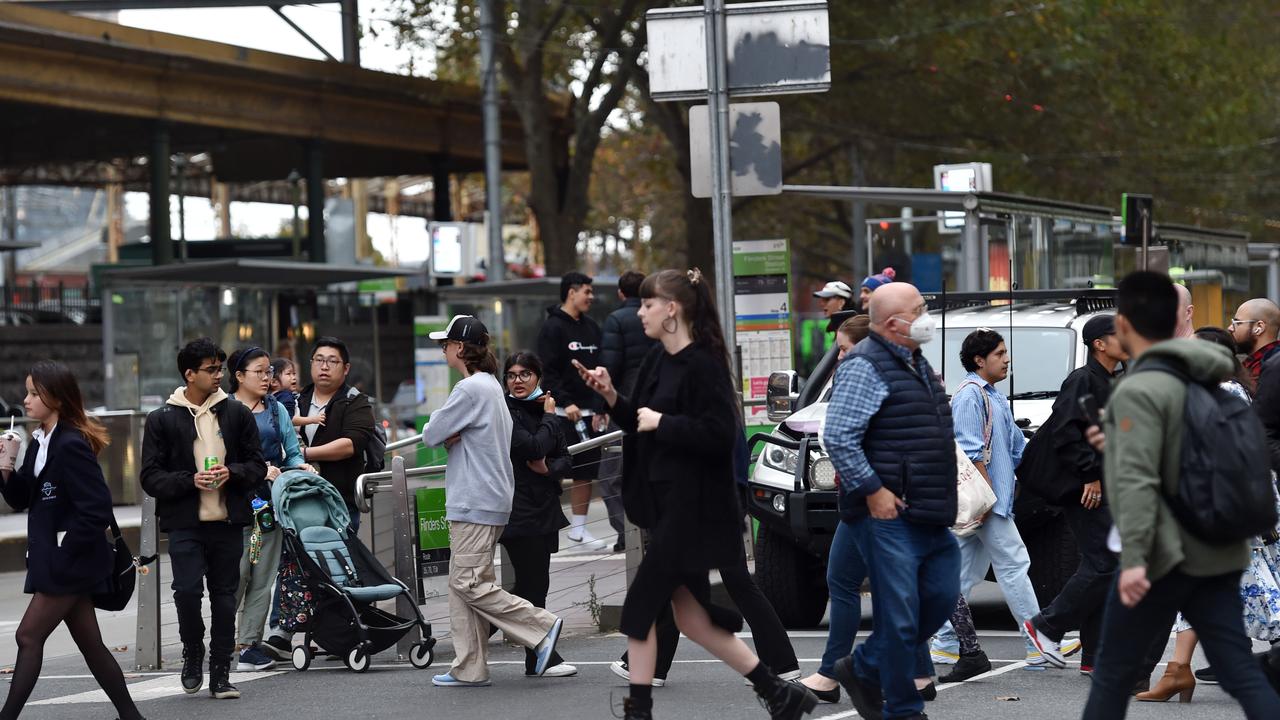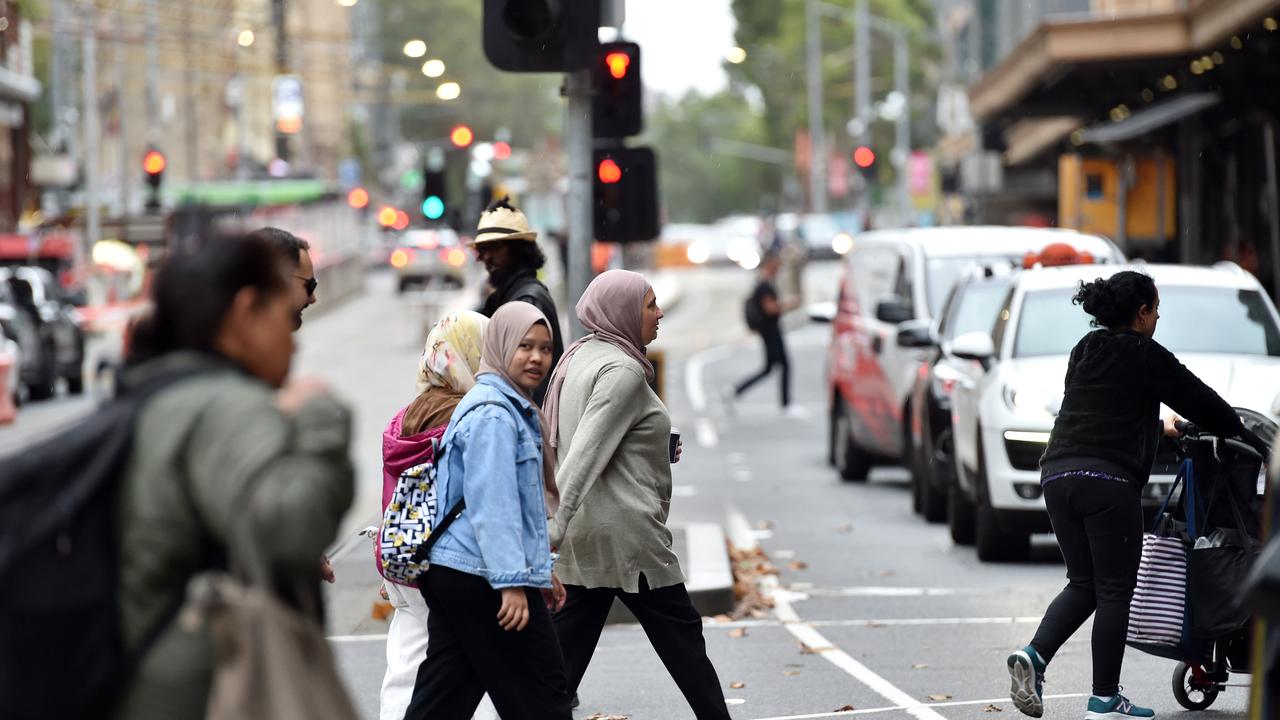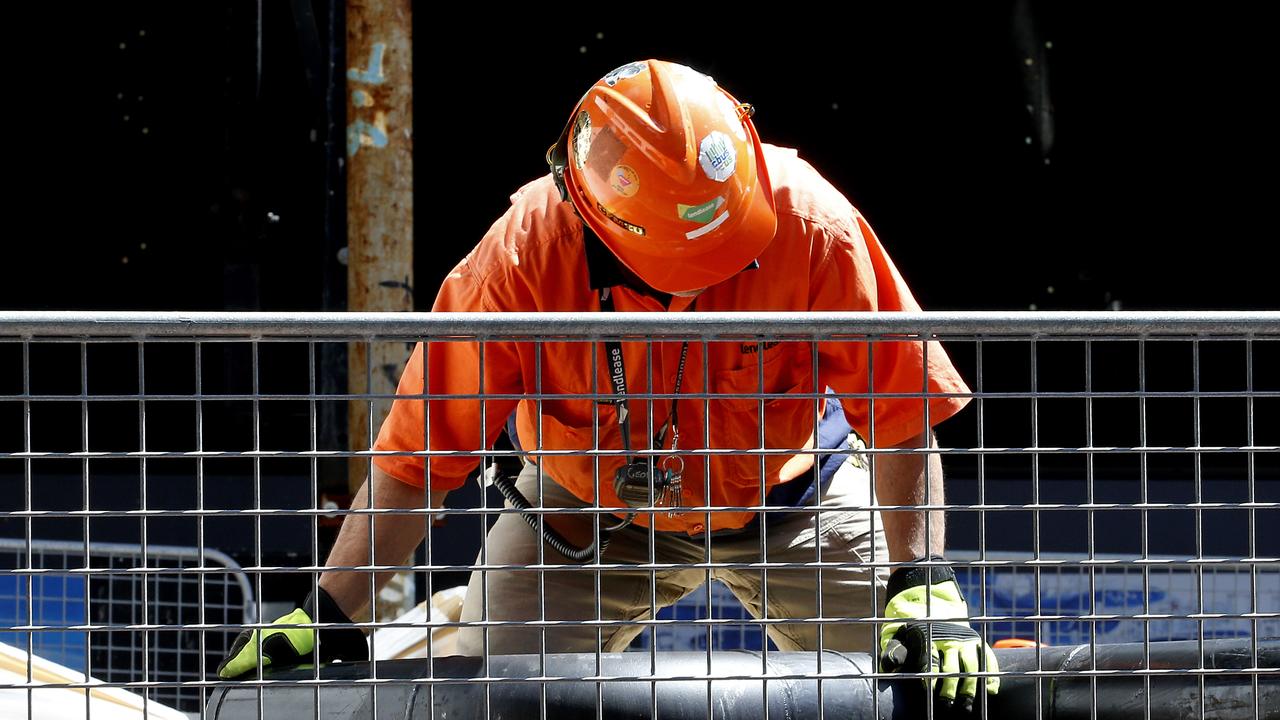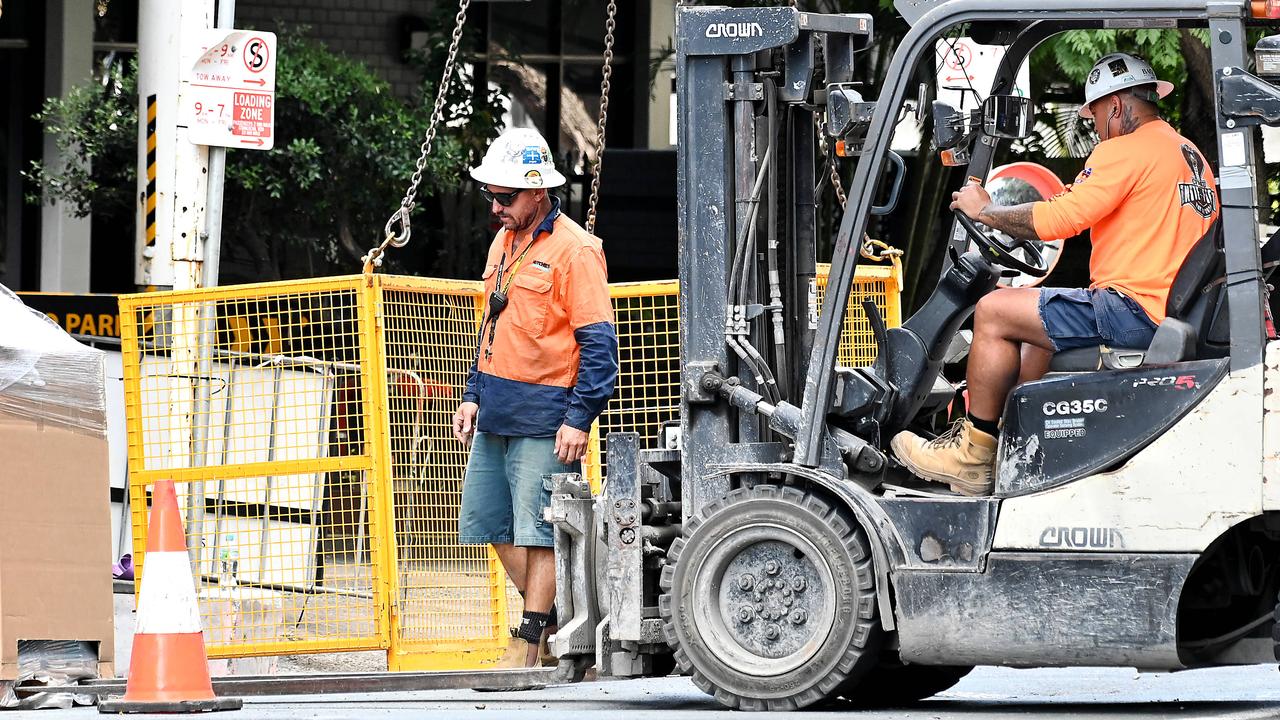New report reveals exploitative trend in Australian workplaces
One cohort of Aussie workers is twice as likely to be underpaid, with a shocking number earning less than the minimum wage, prompting calls for major reform.

At Work
Don't miss out on the headlines from At Work. Followed categories will be added to My News.
Migrant workers are twice as likely as long-term residents to be underpaid, while at least 16 per cent are making less than the minimum wage, a new report has revealed.
The new Grattan Institute report shows exploitation is not only hurting migrants, but is weakening Australian workers’ bargaining power and undermining confidence in the migration program.
With projections up to 1.5 million additional migrants could make the move to Australia in the coming five years, the report’s author says the government must consider making urgent reforms to eliminate exploitation.
They have called for visa rules which increase migrants’ risk of exploitation to be reformed; for workplace and migration laws to be strengthened and better enforced; and for migrants to be given more help to recoup lost wages.
It follows a survey by the Migrant Workers Centre earlier this year which found half of all migrant workers in Australia feel unsafe at work, while 58 per cent had experienced wage theft.

Lead author Brendan Coates said the reforms would cost $115 million a year, which could be offset by levies and by imposing large penalties on employers who underpay their workers.
“Exploitation of migrant workers – who are often young and vulnerable – is a blight on Australia’s claim to be the land of the fair go,” Mr Coates said.
“Our report shows how the government can stamp it out.”
The report found that while recent governments had taken “some steps” to reduce the exploitation of migrant workers, they didn’t go far enough and that progress had been stalled during the Covid-19 pandemic.
“Now is the time to take decisive action to stamp out the exploitation of migrant workers,” the report said.
The report found numerous temporary visa-holders “put up” with mistreatment out of fear that speaking up will result in their visa being cancelled, or their prospect of permanent residency jeopardised.

“Between five per cent and 16 per cent of employed recently arrived migrants – or between 27,000 and 82,000 workers – are paid below the national minimum wage,” the report said.
“Recent migrants are at a higher risk of exploitation because they tend to be younger, have less experience and work in industries where exploitation is common.
“And migrants have additional vulnerabilities because of visa rules, their weaker bargaining power, cultural and social norms and information barriers.”
Mr Coates said temporary skill-shortage visas should be made portable, to allow migrants to flee from exploitative employers.
He recommends a new Workplace Justice visa be created, which would empower workers to report exploitation and stay in Australia while pursuing unpaid wages.
Another issue which needs addressing, the report found, is employers who are caught underpaying their migrant workers receiving “too small” penalties.
Mr Coates said the Fair Work Ombudsman should be renamed the “Workplace Rights Authority” and given greater powers, suggesting maximum court-ordered penalties against employers be increased and criminal penalties, like jail, becoming a possibility for serial underpayers.
Exploited workers should be given more help to reclaim lost wages by establishing Migrant Workers Centres, and community legal centres should have their funding boosted, he said.
Originally published as New report reveals exploitative trend in Australian workplaces






